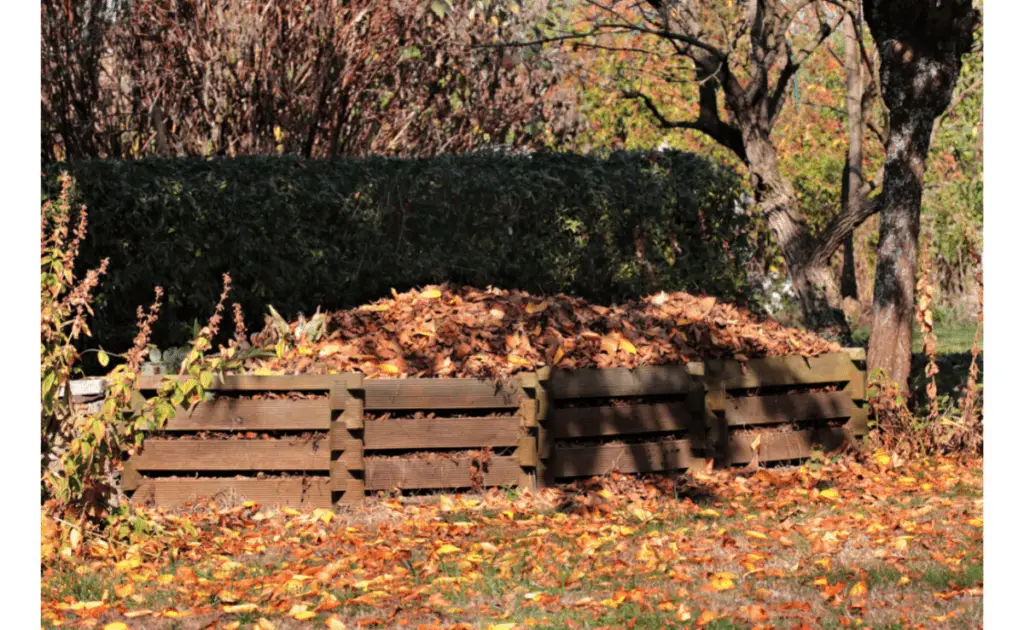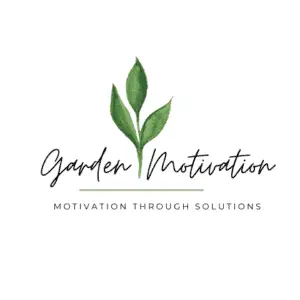
The best type of compost is dark (but not as dark as soil) and crumbly with a earthy smell. Avoid compost that is slimy, wet or smells bad.
A depth of 4 to 6 inches is recommended. In total use enough compost so that the soil beneath your plants’ roots will be rich in organic matter. How much compost you need for your garden will depend on the size of the garden and how much you have available. Compost is a soil additive, really a man-made product. It’s made from any decaying material such as leaves, straw or manure mixed with bedding and/or other organic matter. Worms are often involved in the decomposition process which speeds it up because they eat through anything “dead.” The resulting compost is rich in nutrients and beneficial microorganisms that help condition soil and promote plant growth.
How to use worm castings in the garden?
- -Use worm compost in potting soil mixed with perlite to increase drainage.
- -Add worm castings to your soil once every 3 months for optimal plant health.
- -Mix into your flower or vegetable bed at least 6-8 inches deep before planting any plants in it.
- -Add worm castings directly to the root zone of your plants for an immediate nutrient boost.
- -Use a foliar spray of worm tea every 2 weeks to help your plants grow.
- -Worm castings can also be used as a topdressing on lawns and gardens to improve soil health.
- -For container gardening, mix 1 heaping tablespoon of worm castings with 1 gallon of soil mix. This ratio can be increased to suit your needs.
- -Do not put any worm castings on the surface of an area where you plan to plant seeds or seedlings, as it will prevent them from germinating and growing strong. Instead, wait until after they sprout and are a few inches tall before applying the castings.
Are earthworms good for your garden? Learn more in our in-depth look here.
ways to improve sandy soil with compost
- -Add a 2-inch layer of compost to the top of sandy soil to help improve water retention and drainage.
- -Mix compost into the soil at least 6-8 inches deep before planting any plants in it.
- -Apply a foliar spray of compost tea every 2 weeks to help your plants grow big and strong.
- -Do not add compost to the surface of an area where you plan to plant seeds or seedlings, as it will prevent them from germinating and growing strong.
- -Soil with a higher concentration of organic matter can be beneficial for plants because it holds water better and is more fertile. By adding compost to sandy soil, you can help to improve these conditions and provide your plants with the nutrients they need to thrive. We looked at best soil amendments and found some good ones.
How much does compost cost?
- -Compost can be purchased in bags, bins or rolls. It also may be found by digging down into a pile at a recycling center, municipal composting facility or other yard waste sites.
- -The best type of compost is dark (but not as dark as soil) and crumbly with a earthy smell. Avoid compost that is slimy, wet or smells bad.
- -Compost usually costs around $3-$8 per cubic yard, depending on where you live.
- -Bagged compost costs around $5-$10 per bag, depending on the weight and size of the bag.
- -If you have a lot of compostable waste, it’s cheaper to purchase a compost bin or roll.
How to calculate how much compost you need
- -To calculate how much compost you need, first determine the size of your garden.
- -Then, figure out how deep you want to mix the compost into the soil. The recommended depth is 6-8 inches.
- -Multiply the size of your garden by the desired depth of compost to get the total cubic yards of compost you need.
- -For example, if you have a garden that is 10 feet wide by 20 feet long, and you want to mix the compost in at a depth of 6 inches, you will need 2 cubic yards of compost.
- -If you have a lot of compostable waste, it’s cheaper to purchase a compost bin or roll.
Benefits of compost on your garden
- -Compost helps to improve soil health by adding organic matter to the soil.
- -Organic matter helps to retain water and nutrients in the soil, which is beneficial for plants.
- -Adding compost also helps to improve drainage and aeration in the soil.
- -Compost is a great source of nutrients for plants, which helps them to grow.
- -Compost can be used on any soil type. By adding compost to sandy soils, you can help improve water retention and drainage, which is beneficial for plants that thrive in these conditions.
- -The best types of compost are dark (but not as dark as soil) and crumbly with a earthy smell. Avoid compost that is wet, slimy or smells bad.
- -Compost usually costs around $3-$8 per cubic yard, depending on where you live.
- -Bagged compost costs around $5-$10 per bag, depending on the weight and size of the bag.
- -If you have a lot of compostable waste, it’s cheaper to purchase a compost bin or roll.
For more ways to find compost for your garden, check out this post.

